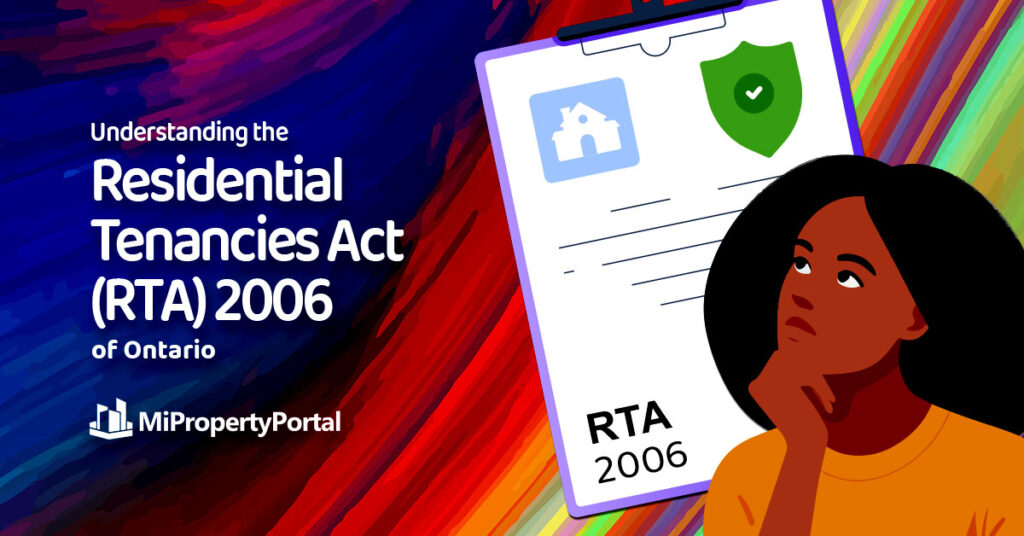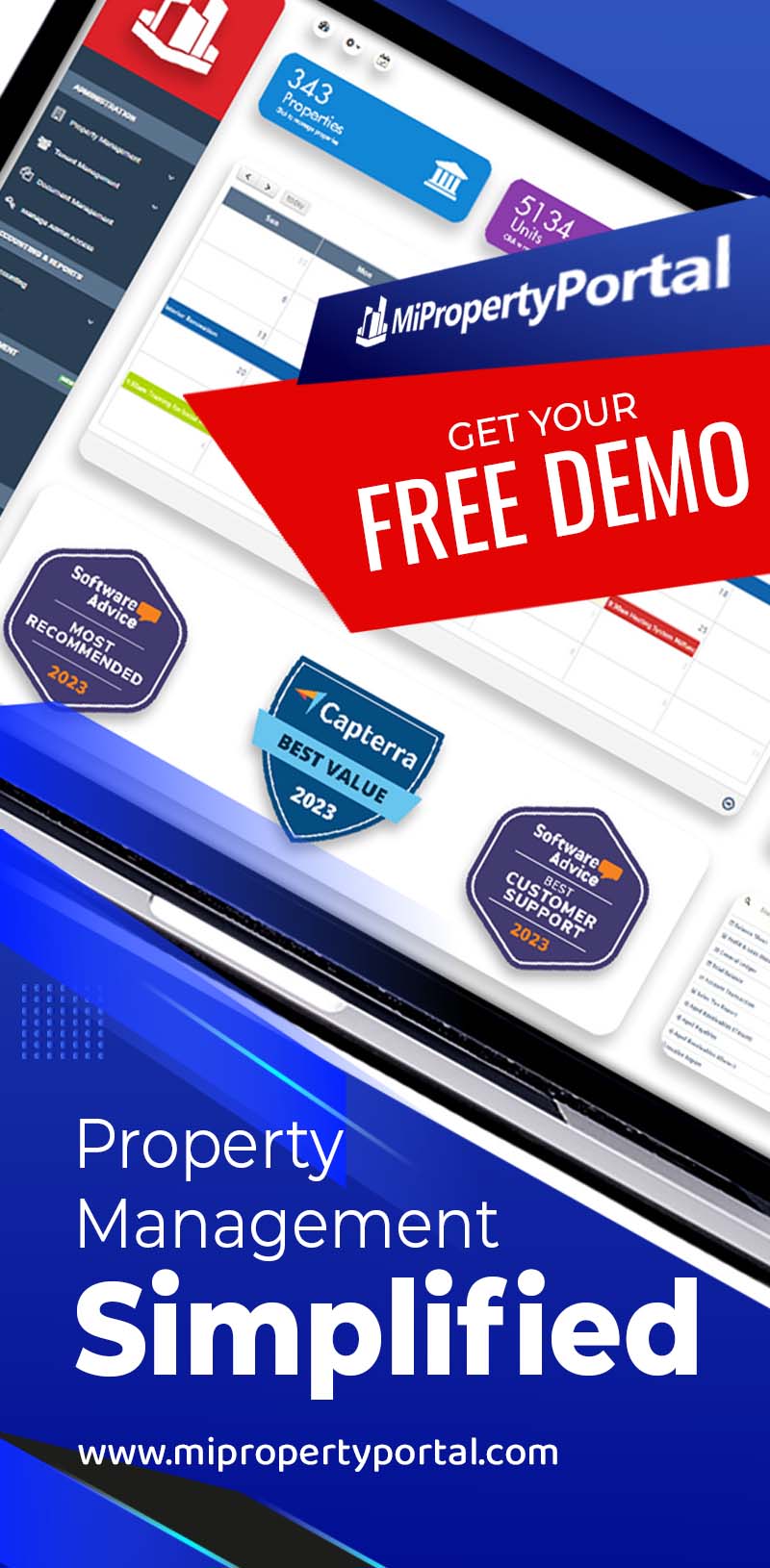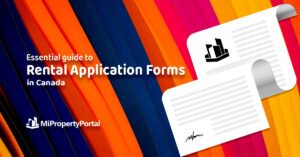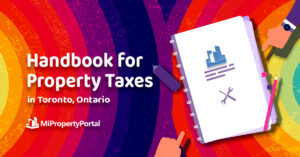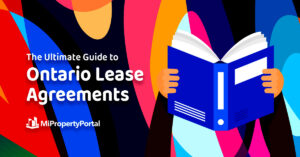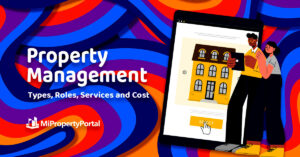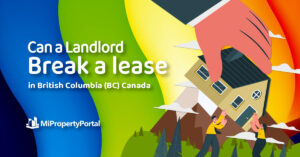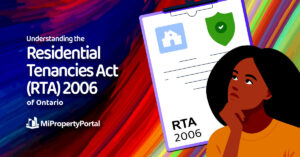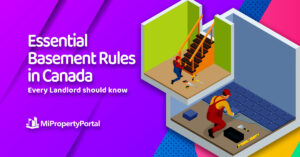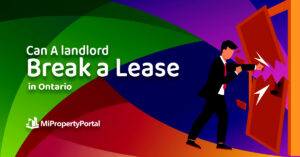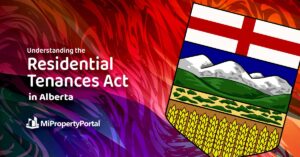Understanding the Residential Tenancies Act (RTA) 2006 of Ontario
The Residential Tenancies Act, 2006 (RTA) is a law that landlords and tenants must follow in Ontario, Canada. If you’re living in or own a rental property in Ontario, it’s important to know about the Residential Tenancy Act (RTA).
In this article, we will walk you through this Act in simple words. So, let’s dive in and make renting easier for everyone!
What is the Residential Tenancy Act?
The RTA was made to protect people who rent where they live. It also helps landlords manage their rental properties. This law applies to you whether you rent an apartment, a house, or a room.
Key Points of the Residential Tenancy Act
- Lease Agreements: Most times, you sign a lease when you start renting. This lease is a paper that lists rules you and your landlord must follow.
- Rent Increases: Your landlord can only raise the rent by a set amount each year. They must also tell you ahead of time before they do it.
- Evictions: Sometimes, a landlord needs a tenant to leave. They must have a good reason and follow the steps in the RTA.
The Importance of Lease Agreements
Lease agreements are like a promise between you and your landlord. There are two main types:
- Fixed-term lease: This lease lasts for a set time, like one year. After one year, it usually changes to a month-to-month lease.
- Month-to-month lease: This lease renews every month. It keeps going until either you or your landlord decide to end it.
Always read your lease carefully. It tells you the rules about paying rent, having pets, and other important things.
| Term | Description |
|---|---|
| Rent Due Date | When you must pay your rent each month. |
| Security Deposit | Money you pay to cover possible damage. You should get it back when you leave if nothing is broken. |
| Pet Policies | Rules about having animals in your home. |
Main Points for Tenants and Landlords
Rights And Duties Of Tenants
- Pay rent on time.
- Keep the home clean.
- Don’t break the rules in your lease.
- Let your landlord know if something breaks.
Rights And Duties Of Landlords
- Keep the home safe and fixed up for living.
- Don’t walk into a tenant’s home without telling them first.
- Follow the rules for raising rent.
- Let your tenants live in peace.
When You First Move In
When you move into a place, a lease starts. A lease is an agreement for renting. It should say things like how much rent is and when you need to pay it.
Your Lease
A lease is a legal paper you sign for a tenancy, which can be for weeks, a few months or even years. Usually, you need to pay a deposit when you sign a lease. If you follow all the rules, you will get it back when you move out.
During Your Stay
You and your landlord have to stick to the terms of the lease. However, both the tenants and the property managers, or the landlords must be aware of the other rules in the Act.
If you have a problem, inform your landlord promptly, and they have to help with problems such as fixing broken windows, faucets, etc.
Moving Out
Moving out depends on your lease and the Act. If you want to leave early, there might be rules you have to follow. When you plan to move, tell your landlord ahead of time. Usually, you should tell them a month before. You should provide the proper notice N9 Form The Tenant’s Notice to End the Tenancy.
Check out the forms section on the LTB website for all the forms you need.
Rent Increases: What Tenants Need to Know
Rent can’t go up whenever your landlord wants. There are rules:
- Your rent can only go up once every 12 months.
- The government sets a limit on how much the rent can increase.
- Your landlord must tell you at least 90 days before they raise the rent.
If you think a rent increase is wrong, you can talk to the Landlord and Tenant Board (LTB).
Eviction Rules
Eviction means you have to leave your rental home. Your landlord must have a solid reason and follow the steps to ask you to leave. Here are some reasons for eviction:
- Not paying rent on time
- Damaging the property
- Causing serious problems for others
Landlords cannot just tell you to leave. They must give you a paper called a “Notice to End your Tenancy.” If you think this is unfair, you can talk to the Landlord and Tenant Board.
This article on How to Evict a Tenant in Ontario, Canada, explains the types of notice to end tenancy in Ontario.
How to Settle Disagreements
Sometimes, you might not agree with your landlord. That’s okay. The RTA has ways to solve these disagreements. You can:
- Talk to your landlord and try to fix the problem together.
- Contact the Landlord and Tenant Board for help.
- Find a lawyer or a legal clinic to get advice.
Always try to solve things in a friendly way first. It’s faster and less stressful for everyone.
Introducing MiPropertyPortal
MiPorpertyPortal (MIPP) is an all-in-one property management software solution for commercial property managers, real estate investors and landlords in Canada. MIPP comes with numerous features:
- Tenant Screening
- Lead Management
- Commercial Lead Management
- Tenant Background Check and Credit Check
- Accounting & Reporting
- Assistance with compliance requirements
- Maintenance Tracking
- Online Rent Collection
- Vendor & Supplier Management
- Property Inspection
- Automated Form
- Storage & management of communications
- Automated Lease Creation
- And many more…
Why should you choose MIPP? MIPP can take your commercia. property management business to the next level. It will automate a large part of your day-to-day operations while you focus on and make the important decisions.
Get a free demo, or contact us to take your property management game to the next level.
The software is available on the App Store or Google Play so that you can take your property management business on the go.
Conclusion
Understanding the Residential Tenancy Act Ontario is great for both tenants and landlords. By knowing your rights and responsibilities, you can make renting a good experience.
Remember, laws can change. Always check for the latest information to make sure you’re up to date.
Frequently Asked Questions of Residential Tenancy Act Ontario
The Ontario Residential Tenancy Act (RTA) sets the legal framework governing landlord and tenant relationships in Ontario, detailing rights, responsibilities, and procedures for both parties.
The RTA in Ontario applies primarily to landlords and tenants of residential properties, ensuring legal standards are upheld in rental agreements.
No, Ontario landlords must provide a valid reason for tenant eviction, as outlined in the RTA, which often includes non-payment of rent or property damage.
The RTA regulates rent increases in Ontario and must adhere to provincially set guidelines, usually capped at a specific percentage annually. Check out our article on Rent Increase Guideline for accurate information.
